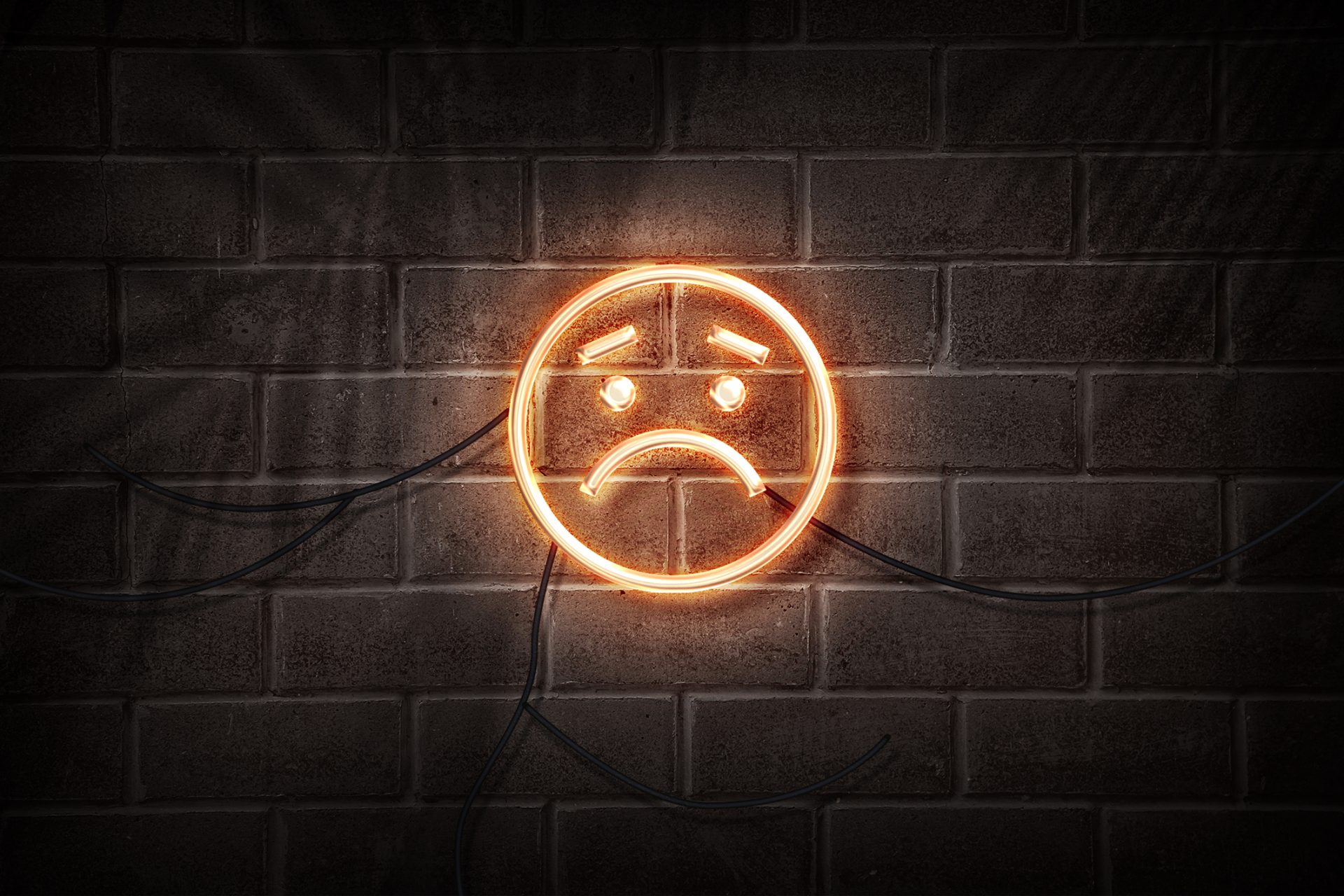Lonely people don't experience the world like the rest of us
Being lonely is a problem that affects everyone at some point in their lives but for the chronically friendless, the world can be a unique and terrifying experience according to research published in April 2023.
Social isolation and loneliness have been major problems plaguing society but the problems they cause were kicked into overdrive over the previous decades. A 2018 study published in the journal Lancet found that as many as 1-in-12 people in the industrial world suffered from loneliness.
Loneliness doesn’t care about an individual's gender, income, ethnicity, or education level. It can come for anyone and there’s a lot of danger that can result from being lonely.
The 2018 Lancet study revealed that being lonely can increase premature mortality and have severe mental health consequences, but more recent research has shown that loneliness can actually change the way that some individuals experience the world.
According to a group of researchers from the University of Southern California, the research paper they published in the journal Psychological Science, being lonely experience the world in a way that is unique to them and different from how other people interpret the world
“What contributes to such feelings in lonely people?” The study’s authors questioned in the abstract of their research paper—a question that the researchers were asking as they tried to answer why some lonely individuals self-reported that they didn’t feel understood by other people.
Noninvasive functional brain scans of 66 first-year students revealed that lonely study participants processed the world around them in more strange and unusual ways compared to their non-lonely peers, meaning they interpreted their life experiences in ways that were unique to them.
“Our results suggest that lonely people process the world idiosyncratically,” the study’s authors, who were led by psychologist Elisa Baek, wrote, “which may contribute to the reduced sense of being understood that often accompanies loneliness.”
“In other words, we found that nonlonely individuals were very similar to each other in their neural responses, whereas lonely individuals were remarkably dissimilar to each other and to their nonlonely peers,” Baek and her colleagues added.
The students who participated in the study were asked to fill out a survey detailing how they felt about their social lives in their university’s residential community and from the data they gathered were able to determine a participant's level of social disconnection.
This allowed Baek and her team of researchers to separate the study’s participants into two different groups, one of which the researchers classified as lonely and the other was referred to as the non-lonely group.
A functional magnetic resonance imaging (fMRI) scan was administered while the study participants watched a series of video clips according to a press release on the study, which allowed Baek and her team to compare the results between the two groups.
Lonelier people exhibited “more dissimilar idiosyncratic brain processing patterns” when compared to their nonlonely peers, which suggested that people who are lonely view the world in ways that were distinctive to their lived experience according to the researcher's press release.
The finding was important because it offered an explanation for why some lonely people may feel as if the tho around them don’t understand them. Knowing people who experience the world in ways that don’t line up with others around them could also help guide future treatments.
“It was surprising to find that lonely people were even less similar to each other,” Baek said according to the press release on her research, and that wasn’t the only interesting finding she and her team made.
The researchers also observed that people who showed high levels of loneliness were also more likely to show high levels of idiosyncratic brain responses regardless of how many friends they had.
That finding could mean that viewing the world differently than your peers could be a risk factor for developing loneliness even for people who regularly socialize and the press release noted Baek wanted to explore this connection more in the future.
More for you
Top Stories






























